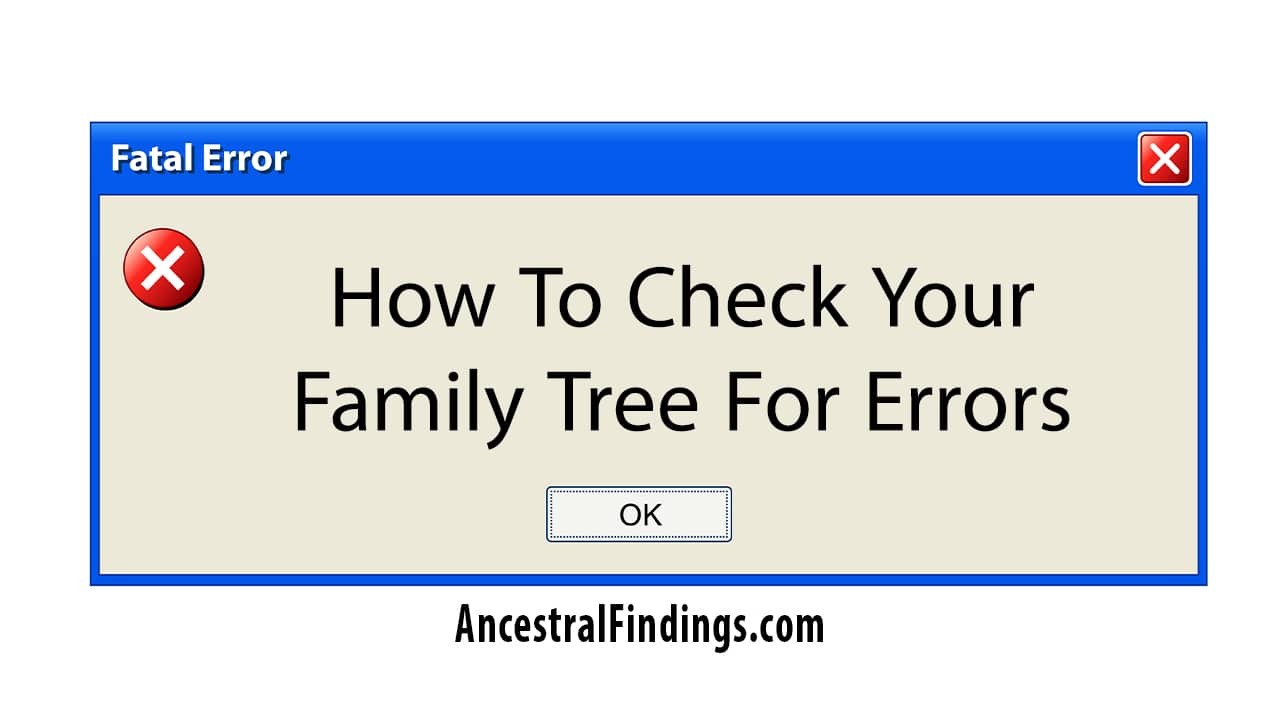The easy availability of home DNA testing has become extremely popular in both genealogical circles and in everyday people who do not do genealogy. The idea of being able to know about our ancestors, where we came from, and even ourselves (via health and other personal information DNA provides) is tantalizing. Since these DNA test kits are so affordable for most, it is hard to resist their appeal. Personal DNA testing is now more popular than ever, with ads on TV from companies like Ancestry.com and 23andMe.com being common. Everyone, it seems, wants to get their DNA tested, and give it as a gift to someone else.
And, you can find out many fascinating things about yourself and your family with these test kits. Reading over the results can be riveting. It can be fun. It is terrific to share the results with other family members who have also taken tests, to compare results, or to share with those who have not yet done it, so they know a little more about their heritage, and to encourage them to be tested, too.
It is informative and enjoyable… for the vast majority of people who do it. Yet, there are some people who make unexpected, and sometimes unwanted, discoveries in their DNA. They learn their ethnic background is not what they thought or were told it was (leading them to wonder why they spent so much time celebrating German culture when they are mostly Irish). Or, it could be something even more earth-shaking, such as discovering they are adopted, one parent (usually the dad) is not their biological parent, that a parent or other relative had an affair that produced children or a child, or that other relatives were adopted or products of affairs.
With health results, such as with 23andme.com, people may learn they are prone to certain adverse health conditions and wonder what to do about it. They may find they are carriers of certain genetic conditions they could pass onto their potential children. They may find they have genes that virtually guarantee they will eventually get some unwanted disease which may or may not have a cure. What to do with this kind of information? How do you handle it? Learning how to properly handle the emotional response from these kinds of discoveries is a key part of DNA testing and something you should learn before you have this testing done.
The big DNA testing companies all have clauses you have to agree to before buying the kit stating the companies are not responsible for any emotional distress you may experience by having the test done and reading its results. There is a reason for this. Again, while most people do quite well with their results and are happy with them, a small percentage do experience emotional distress. The best way to protect yourself from this is to be prepared before testing. The first thing you should do to prepare is to consider why you want to get the testing done in the first place.
What do you want or hope to learn by getting your DNA tested? What do curiosities about yourself or your heritage you hope the testing will satisfy? What will you do if the test connects you to relatives you never knew you had? How will you respond if you reach out to those relatives and they do not reach back in return? What will you do if these new people do respond to you and want to be a part of your life?
What will you do if you discover you are not biologically related to one or both of your parents, or that you are related to your parents but not one or more of your siblings? How will you handle that information? Be prepared to give yourself an answer, because people who never in a million years thought they would get these kinds of results have, and they have been faced with these very questions. It’s easier if you have answers ahead of time.
You can call it an emotional preparedness plan for getting your DNA testing done. It is not unlike preparing for a natural disaster or the collapse of civilization (aka “the zombie apocalypse”). One of the best things you can do after answering these questions for yourself is to let your family know you are interested in doing DNA genealogy testing. Let them know your goals for this testing, and let them know any concerns you may have about the results. Give them an opportunity to tell you anything you may need to know before the results come. It’s easier hearing unexpected news about your heritage from your family before you read about it on your DNA test results page.
When you do get your results, take a moment to process how you feel about them. Are you happy? Excited? Sad? Angry? Confused? Let yourself feel those emotions, and then call your family, or any friends you brought into the conversation with you, and express these emotions to them. Ask them any questions you need to ask and give them an opportunity to give you an honest answer. If you need emotional support from anyone or a group of people in your family to help you deal with any DNA test results you receive, ask them for it.
Also, be prepared for people reaching out to you on the DNA site, as others discover you share DNA and are related in some way, even distantly. You may also want to reach out to those with whom you share DNA. Decide how and if you will respond to others, and be aware that while many people you contact yourself will respond to you, the conversations may range from thrilling to disappointing. Be prepared for all possibilities, and know they are all normal. And, be aware that most people you contact will not contact you back at all, for their own reasons, just as you have your own reasons for responding to (or not) others who contact you. Don’t take it personally, and move on to other DNA relatives. Some of them will respond, and it can open an interesting and informative genealogical dialogue.
Most of all, always remember that, regardless of your DNA test results, they do not change who you are as a person. You are always you, just as you always have been.






